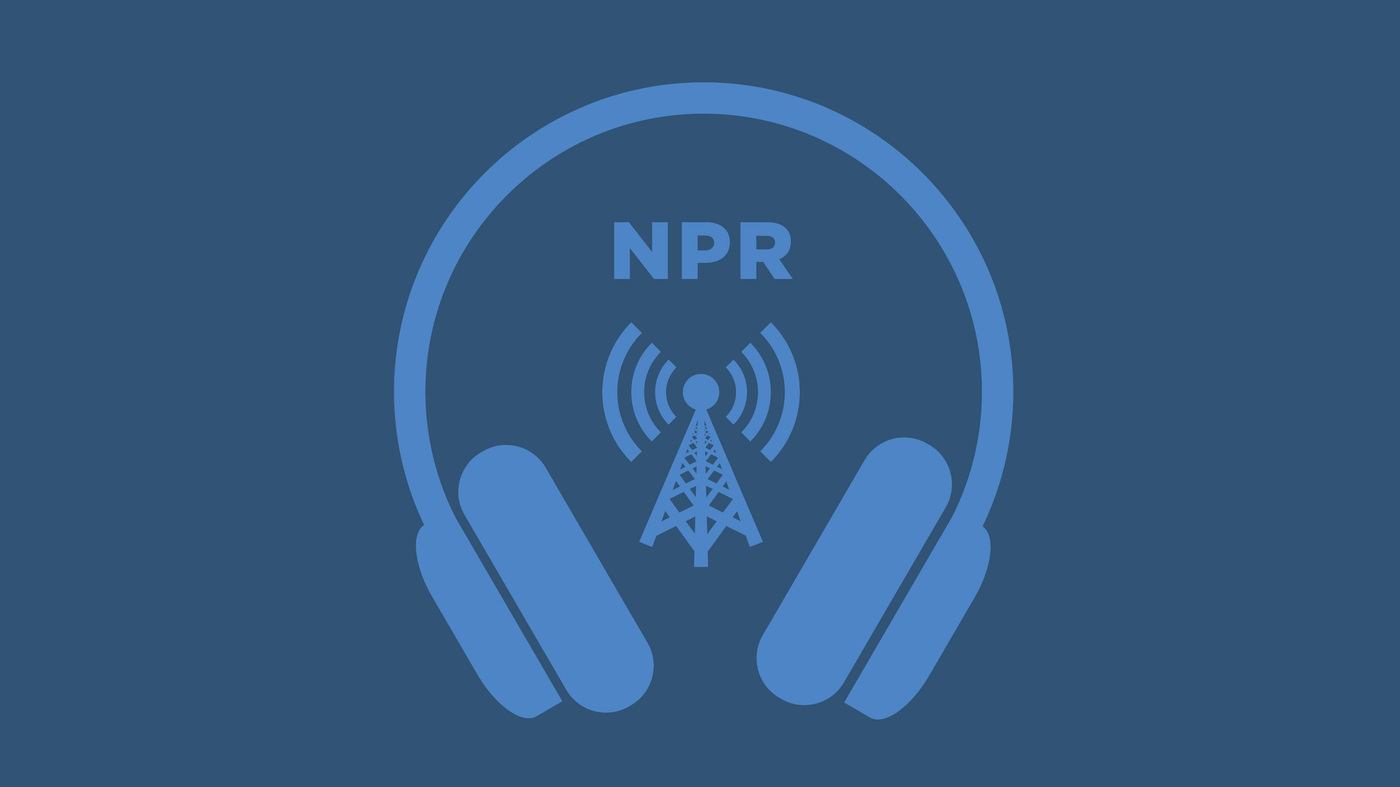A terror attack outside the Kabul airport made it the worst week of Biden’s presidency so far.
ASMA KHALID, HOST:
U.S. forces continue to try to quickly evacuate people ahead of a self-imposed deadline to leave Afghanistan by Tuesday. They’re continuing this operation after a terrorist attack last week that killed at least 170 Afghans and 13 American service members outside the Kabul airport. The U.S. responded to that attack with a drone strike on Friday, targeting the terrorist group behind the attack. And as President Biden was at Dover Air Force Base this morning to witness the dignified transfer of U.S. service members killed in Thursday’s attack, another U.S. drone strike in Afghanistan struck another target – a vehicle seen as an imminent threat to the operation at the airport.
So clearly, it has been a challenging week for President Biden. He had already been receiving criticism for how the evacuation was being handled, and that was before these latest events. We’re joined now by NPR White House correspondent Scott Detrow. Good morning, Scott.
SCOTT DETROW, BYLINE: Hey, Asma. Good to be with you.
KHALID: Scott, President Biden said after the attack that the U.S. withdrawal would continue, and that has indeed been the case.
DETROW: Yeah, the attack has not changed the effort, and President Biden has repeatedly vowed that United States work evacuating Americans and Afghan partners will keep going.
(SOUNDBITE OF PRESS CONFERENCE)
PRESIDENT JOE BIDEN: Look. The mission there being performed is dangerous, and it’s – now it’s come with a significant loss of American personnel. And – but it’s a worthy mission because they continue to evacuate folks out of that region, out of the airport.
DETROW: The number evacuated now is now north of 113,000. There has been a lot of domestic and international pressure to continue operations past Tuesday’s deadline for the U.S. to withdraw from Afghanistan. Biden has insisted the operation is on pace to finish by then. And up until now, he has given no indication that that would continue into September.
KHALID: So, Scott, what more can you tell us about the likelihood of another attack?
DETROW: It’s pretty high, and the White House has been pointing that out regularly in recent days. In a statement yesterday, President Biden said his commanders predict another likely attack in the next 24 to 36 hours, so he has directed commanders to boost security at the airport, where at this point, they’re also pulling troops and equipment out of Afghanistan. And that means these final days, final hours of this mission are going to be even more tense with these major security threats.
KHALID: You know, President Biden has vowed to end the forever wars. And obviously, ground troops are set to leave Kabul in the coming days. But with these two U.S. drone strikes, the one on Friday and then this other one today, it doesn’t look like there will be a clear end to the American mission in Afghanistan.
DETROW: Yeah, in the days since this attack at the airport, you’ve heard this dissonance from Biden. You know, after months of statements about the need to bring troops home and end forever wars, now there’s a lot of language that really, frankly, mirrors the beginning of the War in Afghanistan. Biden said again in Saturday’s statement the United States will continue to, quote, “hunt down” any person involved in the attack and, quote, “make them pay.” Pentagon spokesman John Kirby said yesterday that the strike – the drone strike killed two of what he described as ISIS-K planners and facilitators.
(SOUNDBITE OF ARCHIVED RECORDING)
JOHN KIRBY: The fact that two of these individuals are no longer walking on the face of the Earth – that’s a good thing. It’s a good thing for the people of Afghanistan, and it’s a good thing for our troops and our forces at that airfield.
DETROW: And this gets to a reality that we’ve seen over the past decade and that you were just talking about. Between widespread drones and targeted special force strikes, the U.S. does not need to have much, if any, of a presence in a country to conduct these counterterrorism attacks. So ending the forever war, as Biden puts it, is more about keeping U.S. service members off the ground, not necessarily ending conflict.
KHALID: So, Scott, just briefly, President Biden’s approval ratings have seen a drop recently. Do you interpret that as a result of what’s going on in Afghanistan?
DETROW: That’s definitely part of it, but there’s a lot going on. I think, first of all, you know, if you look back the last few administrations, August is usually the point of a first year of a presidency where the administration’s agenda, what they want to talk about gets eclipsed by outside events. And, you know, on top of this, COVID is surging across the country despite Biden’s efforts, despite all the work and money he’s put into it. COVID is back in a big way. And that’s something that, more than anything else, he had tried to stake his administration on – ending the pandemic.
KHALID: NPR White House correspondent Scott Detrow, thanks so much.
DETROW: Thank you.
(SOUNDBITE OF JOSHUA KIMIKO’S “SEADRIFT”)
Copyright © 2021 NPR. All rights reserved. Visit our website terms of use and permissions pages at www.npr.org for further information.
NPR transcripts are created on a rush deadline by Verb8tm, Inc., an NPR contractor, and produced using a proprietary transcription process developed with NPR. This text may not be in its final form and may be updated or revised in the future. Accuracy and availability may vary. The authoritative record of NPR’s programming is the audio record.
